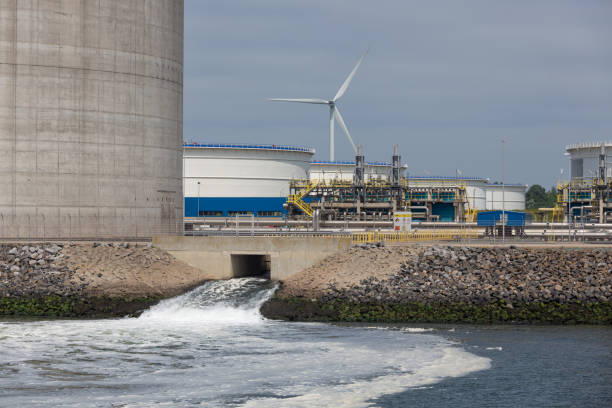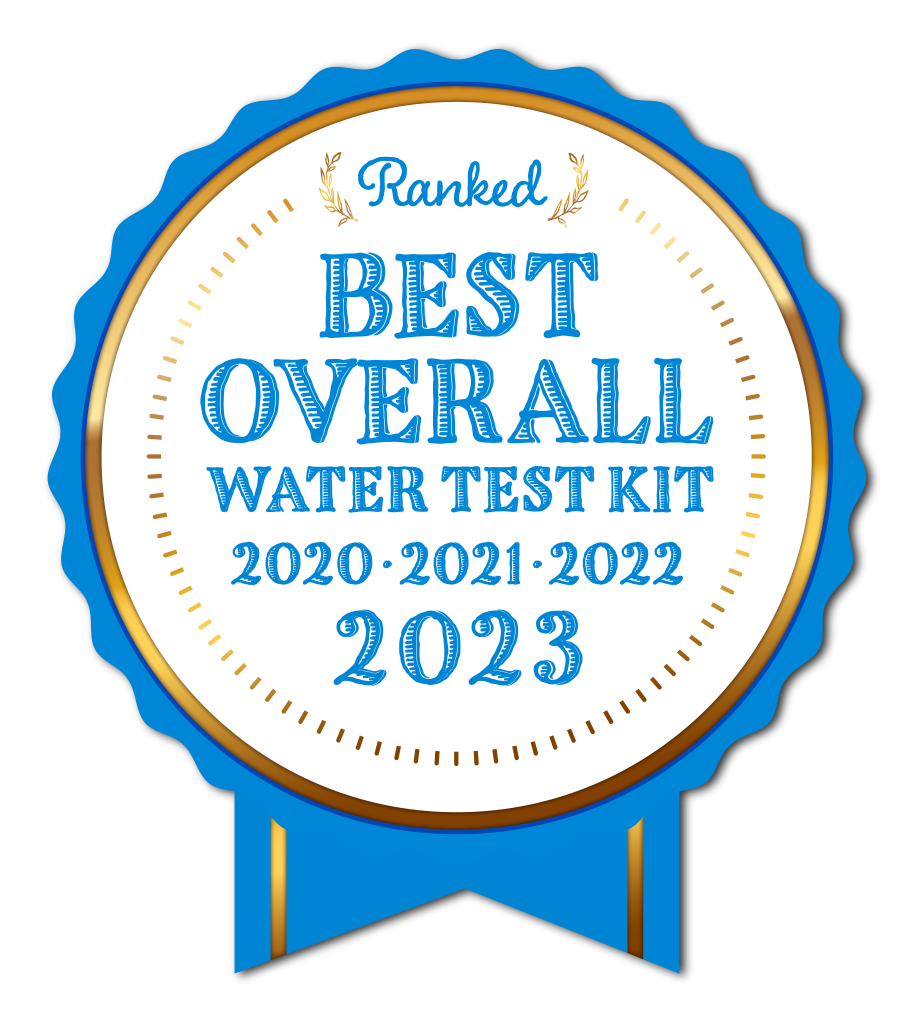ISOPROPYLBENZENE

Isopropylbenzene s a natural component of coal tar and crude oil, and also can be used as a blending component in gasoline. Safe Home offers a few kits that provide drinking water testing for Isopropylbenzene in city and well water supplies.
Parameter Type: Drinking Water Testing for Volatiles
Parameter Name: Isopropylbenzene
What it is and Where it Comes From:
Isopropylbenzene (Cumene) is an organic compound that is based on an aromatic hydrocarbon with an aliphatic substitution. It is a constituent of crude oil and refined fuels. It is a flammable colorless liquid that has a boiling point of 152 °C. Nearly all the isopropylbenzene that is produced as a pure compound on an industrial scale is converted to cumene hydroperoxide, which is an intermediate in the synthesis of other industrially important chemicals, primarily phenol and acetone. It is a natural component of coal tar and crude oil, and can be used as a blending component in gasoline. Drinking water testing gives you several benefits like peace of mind, identifying contaminants in your water, and insight into health concerns. Safe Home offers Laboratory drinking water testing kits for Isopropylbenzene, allowing you to collect your water sample and ship it directly to our EPA-Certified Laboratory. This platform of drinking water testing for Isopropylbenzene will give you an accurate level based on the lowest level of a parameter our instruments can detect (Method Detection Level). Safe Home drinking water testing for volatiles can be used for city and well water supplies. Drinking water testing should be done any time you notice a significant change in your water quality.
Health Effects:
Tests involving acute exposure of rats, mice, and rabbits, have demonstrated isopropylbenzene to have low to moderate acute toxicity by ingestion. No information is available on chronic exposure to isopropylbenzene in humans. Increased kidney weight was observed in rats chronically exposed to isopropylbenzene via gavage (experimentally placing the chemical in the stomach). No information is available on the reproductive or developmental effects of isopropylbenzene in humans. No information is available on the carcinogenic effects of isopropylbenzene in humans or animals.
Solutions to Contaminant Levels:
After drinking water testing, what is the next step? A filter with granular activated carbon (GAC) is a proven option to remove certain chemicals, particularly organic chemicals, from water. GAC filters also can be used to remove chemicals that give objectionable odors or tastes to water such as hydrogen sulfide (rotten eggs odor) or chlorine. Reverse osmosis is a process that removes foreign contaminants, solid substances, large molecules, and minerals from water by using pressure to push it through specialized membranes. Here’s how reverse osmosis works. Unlike osmosis, which is a passive process, reverse osmosis requires external force (pressure) to work. Pressure is applied to a highly concentrated solute solution, such as salt water, to pass through a membrane to a lower concentrate solution. The membrane allows water to flow through but blocks out larger molecules, like contaminants. The reverse osmosis process leaves higher concentrations of solute on one side and only the solvent, or freshwater, on the other. Who do I need to contact to find out more information about water quality in my area? Every community water supplier must provide an annual report to its customers, known as a Consumer Confidence Report (CCR). The report provides information on your local drinking water quality, including the water’s source, contaminants found in the water, and how consumers can get involved in protecting drinking water. How often does the local public water system preform drinking water testing? Frequency of drinking water testing depends on the number of people served, the type of water source, and types of contaminants. Certain contaminants are tested more frequently than others, as established by the Safe Drinking Water Act. You can find out about levels of regulated contaminants in your treated water for the previous calendar year in your annual Consumer Confidence Report (CCR).


